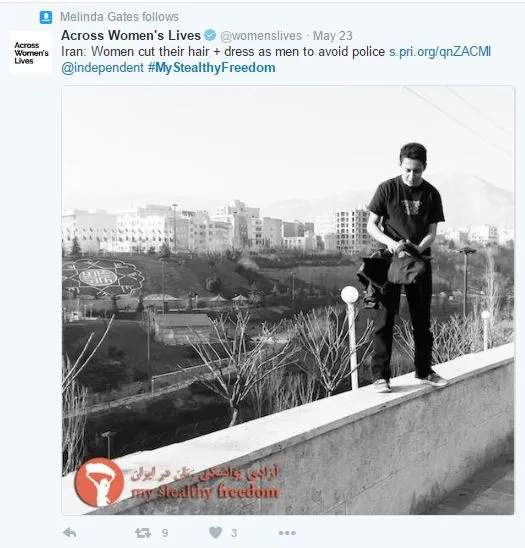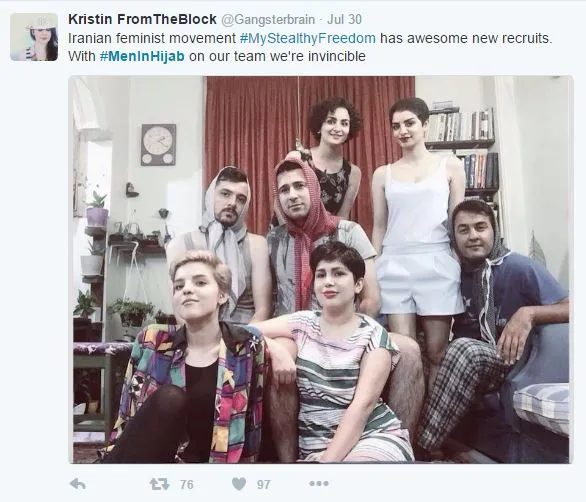In a world saturated with negative stories, the heart-warming tale of men in hijabs stands out
History is replete with stories of revolutions, where the oppressed lashed out in desperate bids for freedom. In this age of the internet, it seems fitting that the revolts of the 21st century are being waged through social media. Iranian women are required by law to cover their hair completely with the hijab or the Islamic headscarf. In a heart-warming gesture, Iranian men have started wearing hijabs and posting their photos on social media with the hashtag #MenInHijab to express their solidarity with their women. The hashtag takes inspiration from My Stealthy Freedom, which is a movement where Iranian women share their veil-free photos on social media.
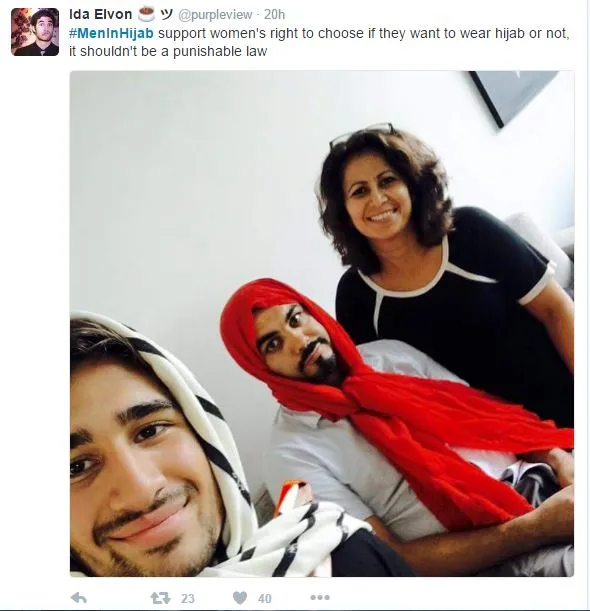
There are many Muslim women who wear the hijab of their own volition without any force or coercion. But when something is forced on to the unwilling, it becomes a sign of oppression. In Iran, the ‘morality police’ fines or jails women who are seen without a hijab in public spaces.
My Stealthy Freedom was founded by Masih Alinejad, an Iranian woman living in New York. She started posting pictures of herself without her headscarf and asked women if they had ever been without their hijab in public. She got so many responses that she created a Facebook page and a website as a platform to display the images.
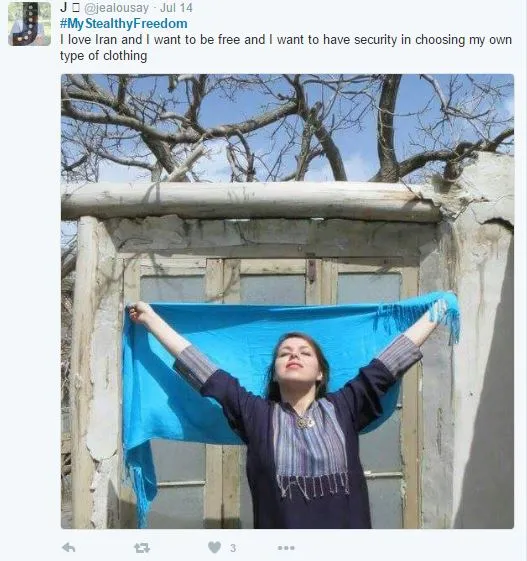
Her website says,
Since the Islamic Revolution in 1979 women in Iran have had to cover their hair in public, but many Iranian women and men feel that wearing a hijab in public should be a personal choice. To address this issue, we created a Facebook page where women from inside Iran could share photos of themselves not wearing their hijabs.
Masih has been harshly criticised by conservative voices in the Iranian media, but is bravely continuing with her movement.
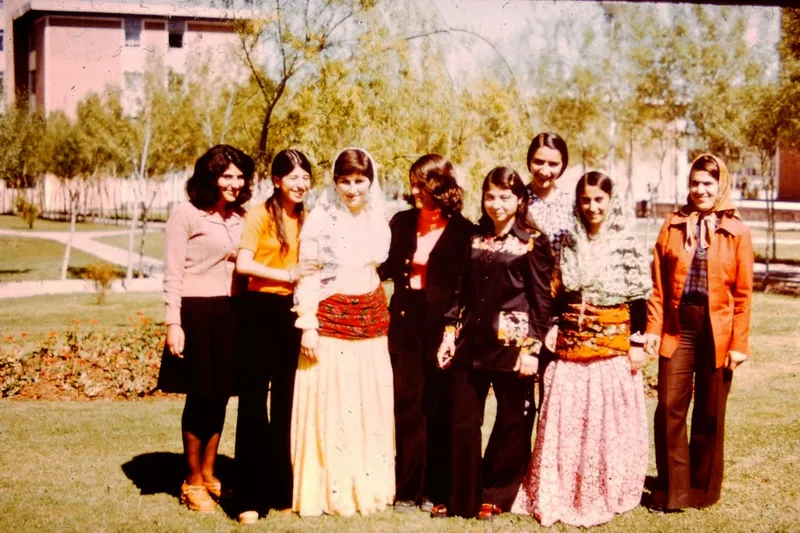

Iran made it mandatory for women to wear the hijab before leaving the house through a law that was passed in 1979 during the Iranian Revolution. On March 8, 1979, there was a protest against this law and the moral policing enforced by the state, but the protest was suppressed and that was also the last day when women in Iran walked with their heads uncovered in public.
The movement is evocative of the HeForShe movement initiated by UN Women (United Nations Entity for Gender Equality and the Empowerment of Women). The HeForShe campaign hopes to get men involved in the fight for gender equality, calling for their solidarity and support. HeForShe, like MenInHijab, is about the need to correct the misconception that feminism is synonymous with man-hating, and to prove that being male and a feminist are not mutually exclusive. By expressing their support for such causes, men are proving that women’s issues affect not just women but humanity in general.
Other online movements have also seen women coming forward to share their experiences on issues like sexual assault and emotional abuse, in the hope that they can inspire other victims to face and overcome their situations with courage.
